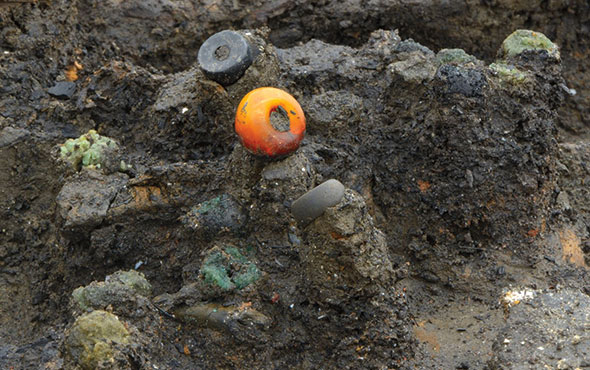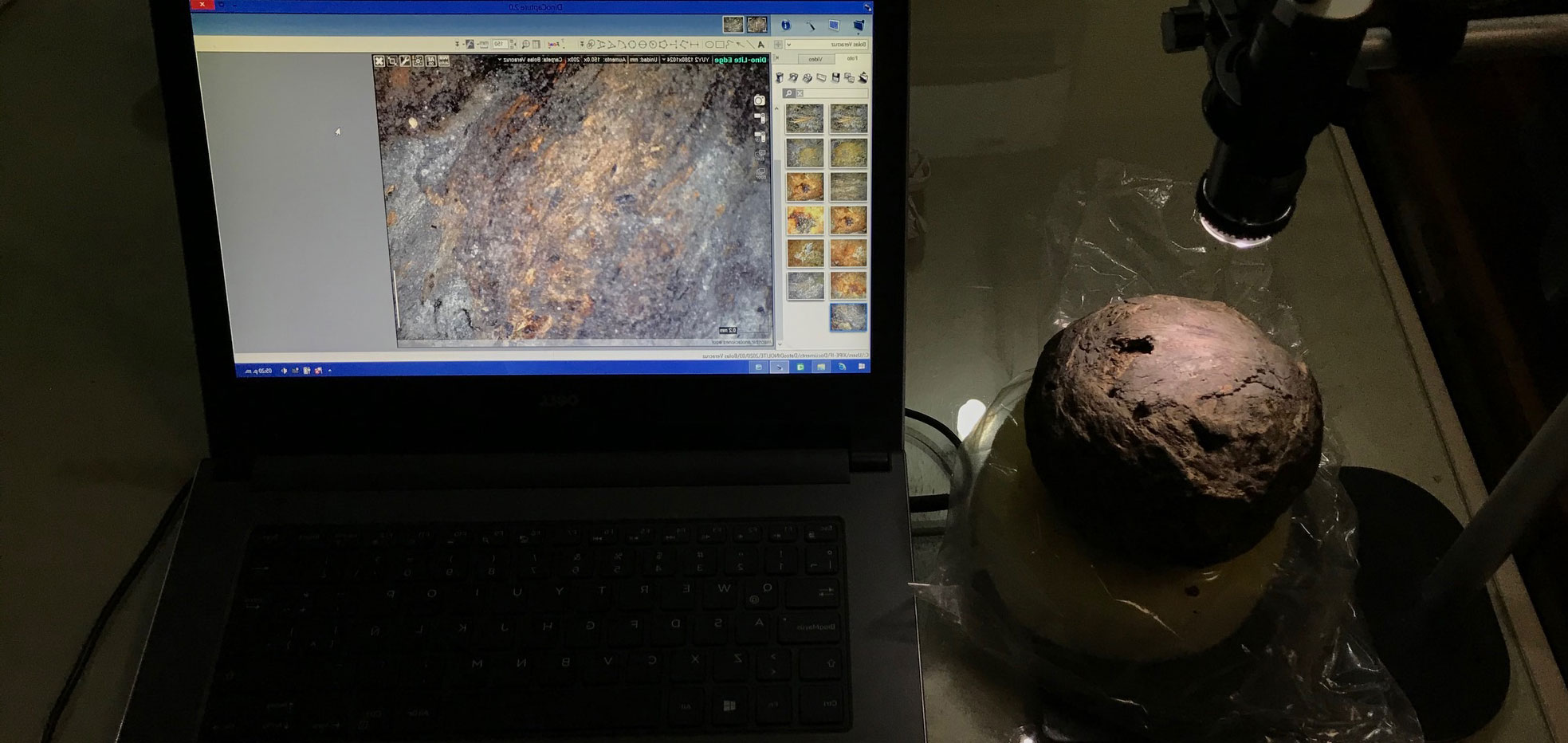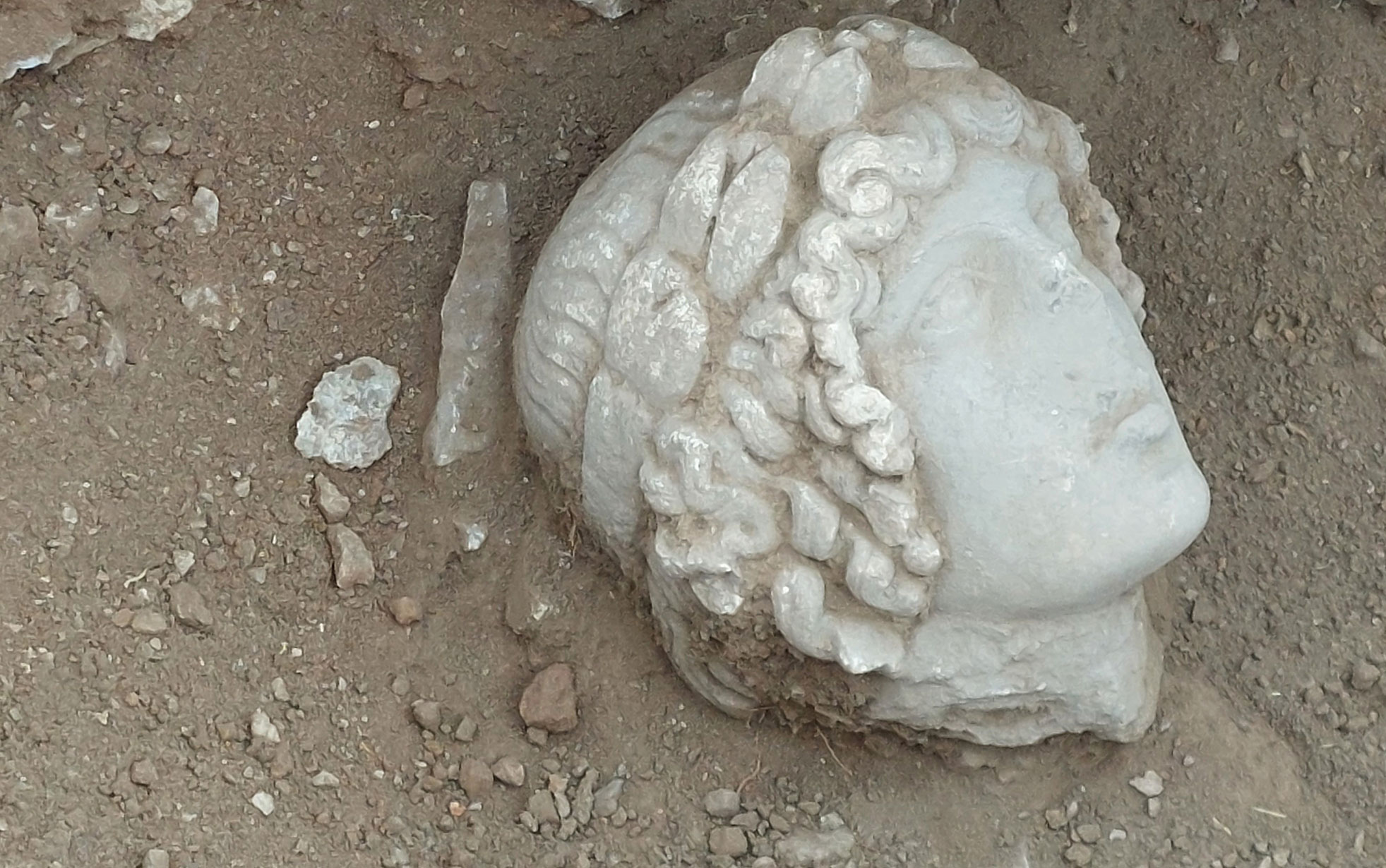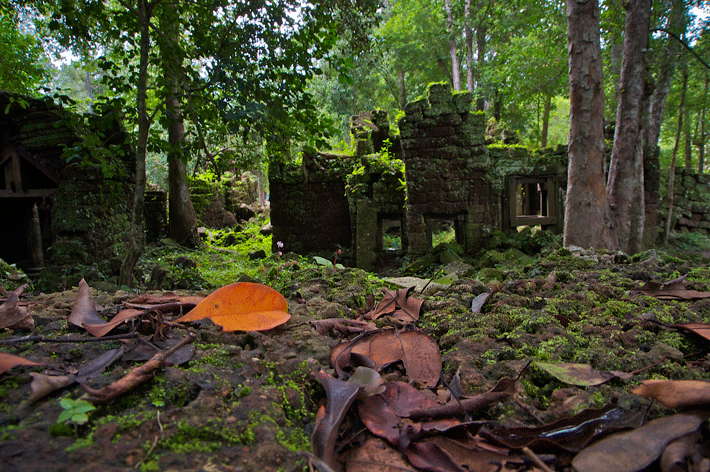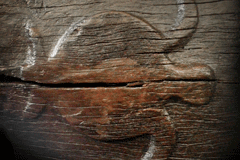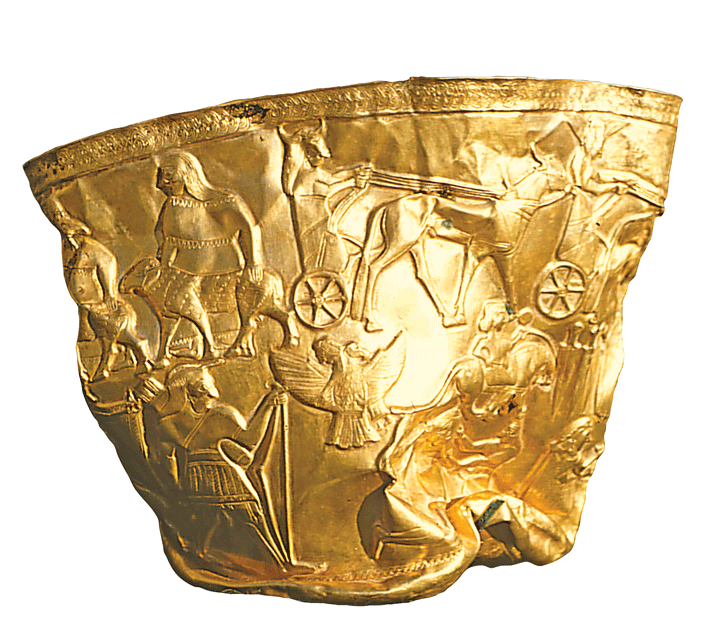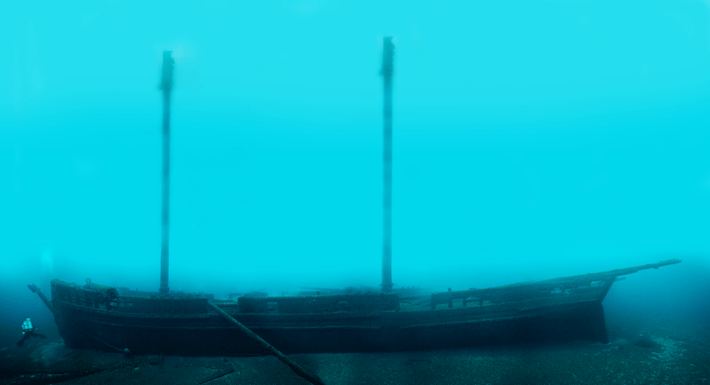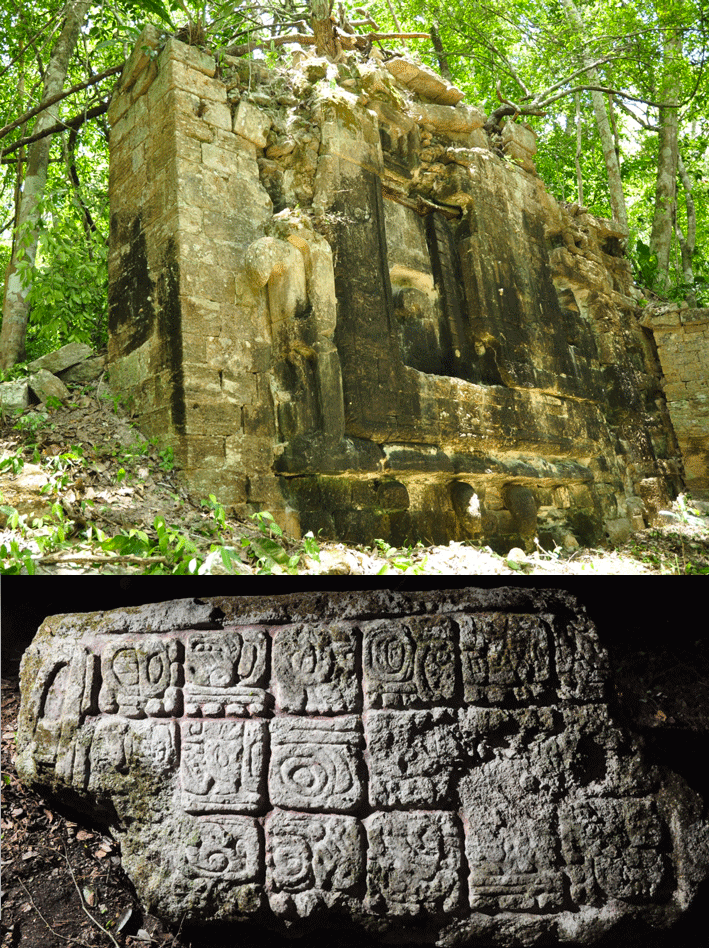
Since 2007, Ivan Šprajc of the Research Center of the Slovenian Academy of Sciences and Arts has led teams of explorers into the rain forest of Campeche, Mexico, in search of the remains of the Maya civilization. Using aerial photographs, Šprajc identified several likely sites. After three weeks of hacking through dense jungle, his expedition found itself in a previously unknown Maya city, which they named Tamchén. Once they had documented that site, the expedition moved on to another, larger city that turned out to be Lagunita, a site that had been documented in the 1970s but later forgotten. Project surveyor Aleš Marsetič spent several weeks mapping the steles, buildings, and plazas in the two cities. “It’s incredible,” says Marsetič, “after a thousand years or more these structures are still standing, and the monuments have inscriptions you can still read. It’s really amazing.”


